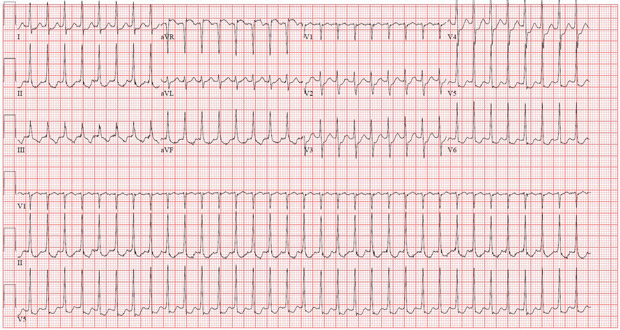Making smoking cessation less of a struggle
This month's issue considers smoking cessation, helping patients with disabilities, and conference coverage from the Society of Hospital Medicine's annual meeting.
Smoking cessation comes with a host of benefits, but of course, quitting is easier said than done, and saying something to patients about their smoking isn't always enough. The gap between encouraging patients to quit and steering them toward the tools to give up smoking for good can be wide, and difficult to bridge. Senior Writer Mollie Frost details the steps needed to help patients follow through on quit attempts, including recommending evidence-based treatments, managing breakthrough nicotine cravings, and offering encouragement.
Data estimate that more than 25% of adults in the United States report living with at least one disability, so chances are good that most physicians are caring for patients with these conditions. But research also shows that physicians' knowledge of how to do so adequately can be lacking: They may not be aware of what is required under the Americans with Disabilities Act, for example, or may not feel comfortable welcoming patients with a disability into their practices. One key to improvement, experts say, is asking patients questions to find out how they feel about their disability and how they view themselves. Read our story for more advice on building rapport and providing more accommodating care.
Our conference coverage this month includes two stories from the Society of Hospital Medicine's Converge 2022, held in early April in Nashville, Tenn. It's become increasingly clear that COVID-19 will have lingering effects for both patients and physicians, requiring ongoing action. One post-COVID-19 clinic director offers his perspective on management of postacute sequelae of SARS-CoV-2, while another story emphasizes the importance of protecting trainees' well-being, especially in the aftermath of the pandemic.
Also in this issue, in Pearls from I.M. Peers, hear from Janice Boughton, MD, FACP, about a method for using point-of-care ultrasound (POCUS) in internal medicine practice, and go online for an anecdote about how POCUS can be a boon to the patient-physician relationship. Read about a campaign to tackle stigma surrounding substance use disorder and why it's important to address clinicians' attitudes about both patients and medications. Finally, the President's Message and the Washington Perspective each discuss the importance of ongoing ACP advocacy, both nationally and at the chapter level.
Next month's issue will feature coverage of Internal Medicine Meeting 2022, which took place in late April in Chicago. If you attended the meeting, in person or virtually, feel free to share your favorite moments with us at immatters@acponline.org.
Sincerely,
Jennifer Kearney-Strouse
Executive Editor




